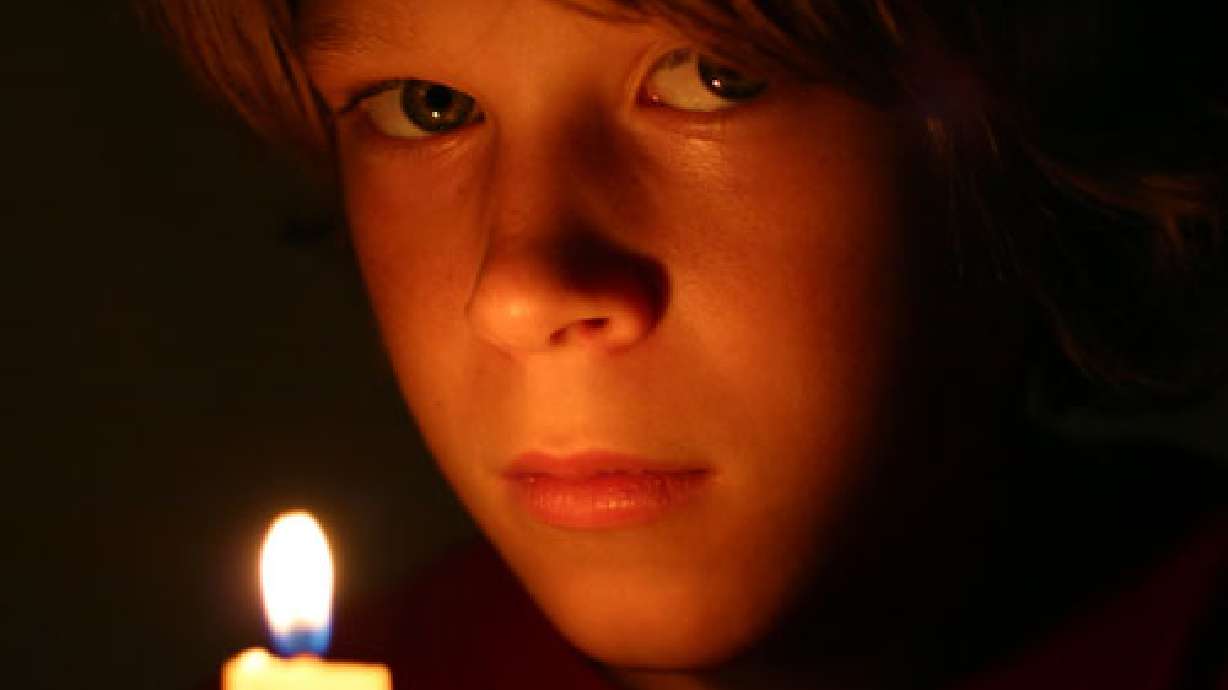Estimated read time: 3-4 minutes
This archived news story is available only for your personal, non-commercial use. Information in the story may be outdated or superseded by additional information. Reading or replaying the story in its archived form does not constitute a republication of the story.
SALT LAKE CITY — How do you help a teenager deal with the death of a friend or classmate?
What makes these situations difficult for parents is you can’t make it better. Teens are going to experience pain as they processes through this, and all you can do is be there.
Your teen may feel depressed, angry, confused or anxious during this time. If this is the teen's first close encounter with death, there will also be a loss of innocence — they now grasp the reality that people they love die, and this can be frightening.
Listen
More than anything, they need you to listen. You can share your feelings, but focus on asking questions about what they think and how they feel.
During this time, some teens begin to feel concerned about their safety. This is a good time to ask questions about situations where they may be at risk. Let them tell you ways they might protect themselves or make smarter choices. Don’t lecture — ask smart questions and let them tell you.
If teens ask questions about the death, give them accurate, simple, clear answers. There is no need to be graphic, but they are old enough to hear the truth. Give honest explanations about what happened.
Teens often ask more questions about life and religion after a death. Be there to listen and help them explore their ideas about the meaning of life. It is normal for them to question their values or spiritual beliefs. Don’t panic if this happens. The best thing you can do is offer a non-judgmental, loving ear. Trust them to work through it.
Encourage artistic expression as a way to deal with their feelings. Many teens find art, music and writing to be a helpful outlet for their feelings.
Some teens may assume an inappropriate amount of responsibility for their friend’s families. Guard against letting teenagers carry too much adult responsibility for the families of the deceased. Help them to accurately assess what they can and should do to help.
Help them deal with their emotions
Some teens experience guilt when one of their peers dies. The best thing you can do is talk through what was (and is) in their control and what isn’t. What is their responsibility and what isn’t?
Sometimes teens are embarrassed by the strong emotion they feel for people who die, even if they were not close to them. Help them to understand loving feelings toward the deceased are normal, even if they were not close friends. We all experience a surge of emotion toward people who pass away.
Help them to understand the pain and emotion they feel is a reminder of how much they care about people around them. The feelings of pain are also feelings of love. It is a beautiful thing that they care about other people so deeply, and a death, though tragic, can be a sweet reminder of that love. Encourage them to share those feelings of love and appreciation for the people around them.
It may be helpful to review the stages of grief with teens. This can help them to understand what they are feeling is normal.
First is denial, second is anger, third is depression and fourth is acceptance
Provide long-term support as needed
Continue to be a source of support, even if teens seem to be over their grief. They may still be dealing with feelings around the incident long after you have moved on.
Here are a few signs that your teen may need professional help with grief:
- An unusual drop in grades
- Depression or withdrawal from family or friends
- Trouble sleeping
- Risk-taking behavior
- Drug or alcohol use
Remember, it’s okay if you don’t have all the answers. There are many resources out there from books to counselors to support groups that can provide assistance. Kimberly Giles is the founder of www.ldslifecoaching.com and www.claritypointcoaching.com. She is a sought after life coach, relationship expert and speaker.








